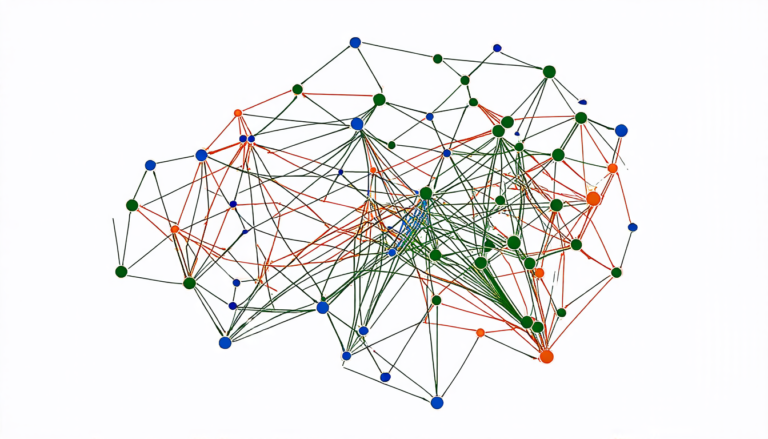Thursday 10 April 2025
A team of researchers has made significant progress in developing a new approach to designing rewards that steer agents towards desired behaviors in complex systems. The study, published recently in a leading scientific journal, introduces a novel framework for Mean-Field Games (MFGs) under model uncertainty.
In MFGs, multiple agents interact with each other and their environment to achieve a common goal. However, these systems often exhibit undesirable collective behaviors, such as congestion or inefficiency. To address this issue, the researchers have developed an algorithm that modifies the reward structure to guide the agents towards more favorable outcomes.
The key innovation lies in the way the algorithm adapts to the uncertainty surrounding the true reward functions. In many real-world scenarios, these rewards are unknown or partially known, making it challenging to design effective incentives. The new approach uses a combination of optimistic exploration and learning to estimate the reward functions while simultaneously steering the agents towards desired behaviors.
The researchers demonstrated the effectiveness of their algorithm through extensive simulations and theoretical analysis. They showed that the algorithm can achieve sub-linear regret guarantees for both the agent’s behavior and the steering cost, even in the presence of model uncertainty.
One of the most significant implications of this work is its potential to improve the performance of complex systems, such as financial markets or transportation networks. By designing rewards that adapt to uncertain environments, the algorithm can help mitigate the negative consequences of congestion or inefficiency.
The study also highlights the importance of understanding the interplay between agent behavior and reward design in MFGs. The researchers’ findings suggest that a careful balance must be struck between exploration and exploitation to achieve optimal outcomes.
As the authors note, their approach has far-reaching implications for various fields, including economics, computer science, and engineering. By developing more sophisticated algorithms for designing rewards in complex systems, we can create more efficient and resilient networks that benefit society as a whole.
The research is an important step towards better understanding and optimizing the behavior of agents in complex environments. As we continue to grapple with the challenges of modernization, it’s essential to develop innovative solutions that can adapt to uncertainty and complexity.
Cite this article: “Steering No-Regret Agents in Mean Field Games under Model Uncertainty: A Regret Minimization Approach”, The Science Archive, 2025.
Mean-Field Games, Model Uncertainty, Reward Design, Agent Behavior, Complex Systems, Optimization, Exploration, Exploitation, Regret Guarantees, Adaptive Incentives







